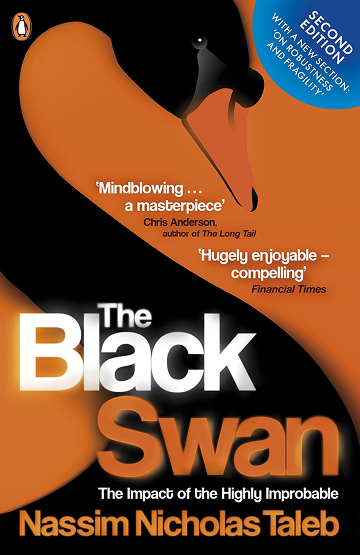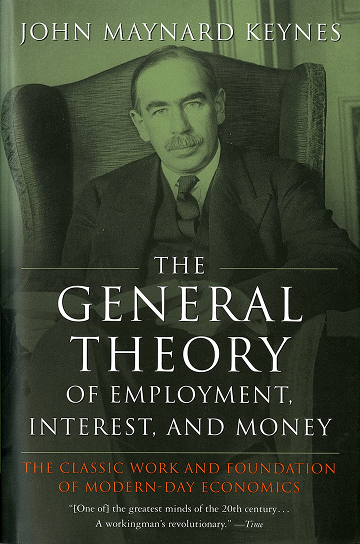R. Budi Hartono Net Worth, Biography and Key Insights



R. Budi Hartono’s Profile Summary
|
Company
|
Djarum Group |
|---|---|
|
Position
|
Owner |
|
Source of wealth
|
Hartono's wealth primarily stems from his ownership of Djarum Group, encompassing tobacco manufacturing, significant holdings in Bank Central Asia (BCA), and investments in electronics and real estate. |
|
Also known as
|
Budi Hartono |
|
Age
|
84 |
|
Education
|
Diponegoro University |
|
Citizenship
|
Indonesia |
|
Residence
|
Kudus, Indonesia |
|
Family
|
Married, three children |
|
Website, Social Media
|
Djarum Group: www.djarum.com Bank Central Asia (BCA): www.bca.co.id Robert Budi Hartono does not maintain personal social media accounts. |
R. Budi Hartono’s biography
Robert Budi Hartono, born Oei Hwie Tjhong on April 28, 1941, in Semarang, Central Java, Indonesia, is a prominent Indonesian businessman and philanthropist. He is best known as the owner of Djarum Group, a conglomerate with interests spanning tobacco, banking, electronics, and real estate. Hartono inherited the family business, Djarum, a small clove cigarette company, after the passing of his father, Oei Wie Gwan, in the early 1960s. Under his and his brother Michael Bambang Hartono's leadership, the company was revitalized following a devastating fire in 1963, modernizing its operations and expanding its product line. By the 1970s, Djarum began exporting internationally, introducing machine-produced brands like Djarum Filter in 1975 and Djarum Super in 1981, propelling the company to become the world's third-largest clove cigarette manufacturer.Beyond tobacco, Hartono diversified the family's business interests. In the late 1990s, the Hartono brothers acquired a significant stake in Bank Central Asia (BCA), one of Indonesia's largest private banks, further solidifying their financial standing. They also ventured into the electronics sector with the establishment of Polytron, a leading Indonesian electronics brand, and invested in real estate, owning prime properties in Jakarta. As of September 2023, Robert Budi Hartono's net worth is estimated at $25.3 billion, making him the second richest person in Indonesia and the 61st richest globally.
Despite his immense wealth, Hartono maintains a low public profile, focusing on business operations and philanthropic activities. He is married with three children and resides in Kudus, Indonesia.
-
How did R. Budi Hartono make money?
Robert Budi Hartono's journey to becoming one of Indonesia's wealthiest individuals began with his inheritance of the family business, Djarum, a modest clove cigarette company. Following a catastrophic fire in 1963 that nearly obliterated the company, Hartono and his brother, Michael, undertook the formidable task of rebuilding. They modernized the manufacturing process, introduced machine-made products, and expanded their market reach. By the 1970s, Djarum commenced exporting its products internationally, with brands like Djarum Filter and Djarum Super gaining global recognition. This strategic expansion propelled Djarum to become the world's third-largest clove cigarette manufacturer.
In the late 1990s, seizing opportunities presented by the Asian financial crisis, the Hartono brothers acquired a significant stake in Bank Central Asia (BCA), Indonesia's largest private bank. This investment proved highly lucrative, as BCA became a cornerstone of Indonesia's banking sector, contributing substantially to their wealth.
Diversifying further, the Hartonos established Polytron, an electronics brand that became a household name in Indonesia, producing a range of consumer electronics from televisions to home appliances. Their business portfolio also extends to real estate, with ownership of prime properties in major Indonesian cities, enhancing their asset base.
As of September 2023, Robert Budi Hartono's net worth is estimated at $25.3 billion, reflecting the success of his diversified business ventures and strategic investments. -
What is R. Budi Hartono net worth?
As of 2025, R. Budi Hartono’s net worth is estimated to be $22.6 B.
What is R. Budi Hartono also known as?
Robert Budi Hartono, often referred to simply as Budi Hartono, is renowned as a leading Indonesian businessman and philanthropist, recognized for his ownership of Djarum Group and significant contributions to Indonesia's economic landscape.Prominent achievements of R. Budi Hartono
Under Hartono's leadership, Djarum evolved into a global tobacco powerhouse, and strategic investments in banking and electronics have solidified his status as one of Indonesia's most influential business figures.What are R. Budi Hartono’s key insights?
Hartono emphasizes resilience and adaptability in business, focusing on modernization, diversification, and seizing strategic opportunities to foster growth and sustainability.
R. Budi Hartono’s personal life
Robert Budi Hartono is married to Giok Hartono, and together they have three children. The family resides in Kudus, Indonesia, and maintains a private lifestyle, with limited public exposure.
Useful insights
Understanding market forces
In my experience, to truly succeed as an investor, it’s essential to understand the driving forces behind market behavior. Market movements aren’t random—they’re influenced by a range of economic theories and dynamics. The following books provide valuable insights into these forces, offering a deeper understanding of how global financial markets operate and what shapes their trends.
-
Nassim Nicholas Taleb – "The Black Swan"

-
Summary:
Taleb explores the concept of rare, unpredictable events—so-called "Black Swans"—that can have massive impacts on markets and society. These events are often overlooked by traditional risk management models, leading to devastating consequences when they occur. Taleb illustrates how these unpredictable shocks shape our world, often more than gradual, expected changes.
-
Why read it:
This book challenges conventional thinking about risk and uncertainty, showing that many major historical and financial events were "Black Swans." It's a vital read for investors who want to build resilience in the face of market volatility.
-
-
John Maynard Keynes – "The General Theory of Employment, Interest, and Money"

-
Summary:
Keynes revolutionized economics by focusing on total demand within an economy and its effect on output and inflation. His theory suggested that government intervention could stabilize economic cycles through fiscal and monetary policy. The book also explains the consequences of under-consumption and the role of interest rates in managing economic stability.
-
Why read it:
For investors interested in macroeconomic trends and policy impacts, Keynes’ work is essential. Understanding the Keynesian framework can help investors predict how government actions might influence market performance.
-
Other profiles in category
Popular Financial Guides
Latest Financial News

South Africa unveils digital visas to attract film and events

South Africa invests R710 million to expand free Internet access































































































































